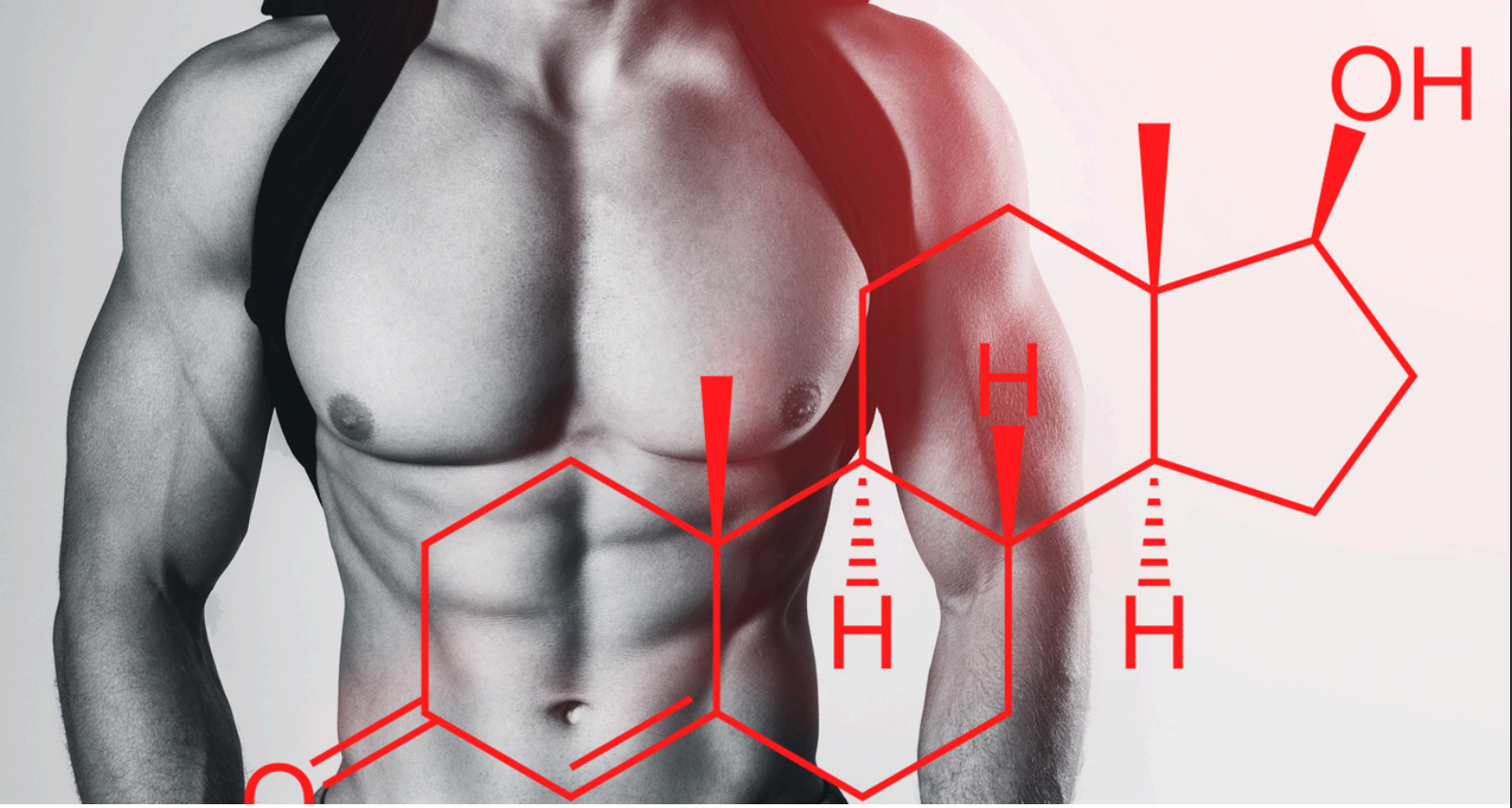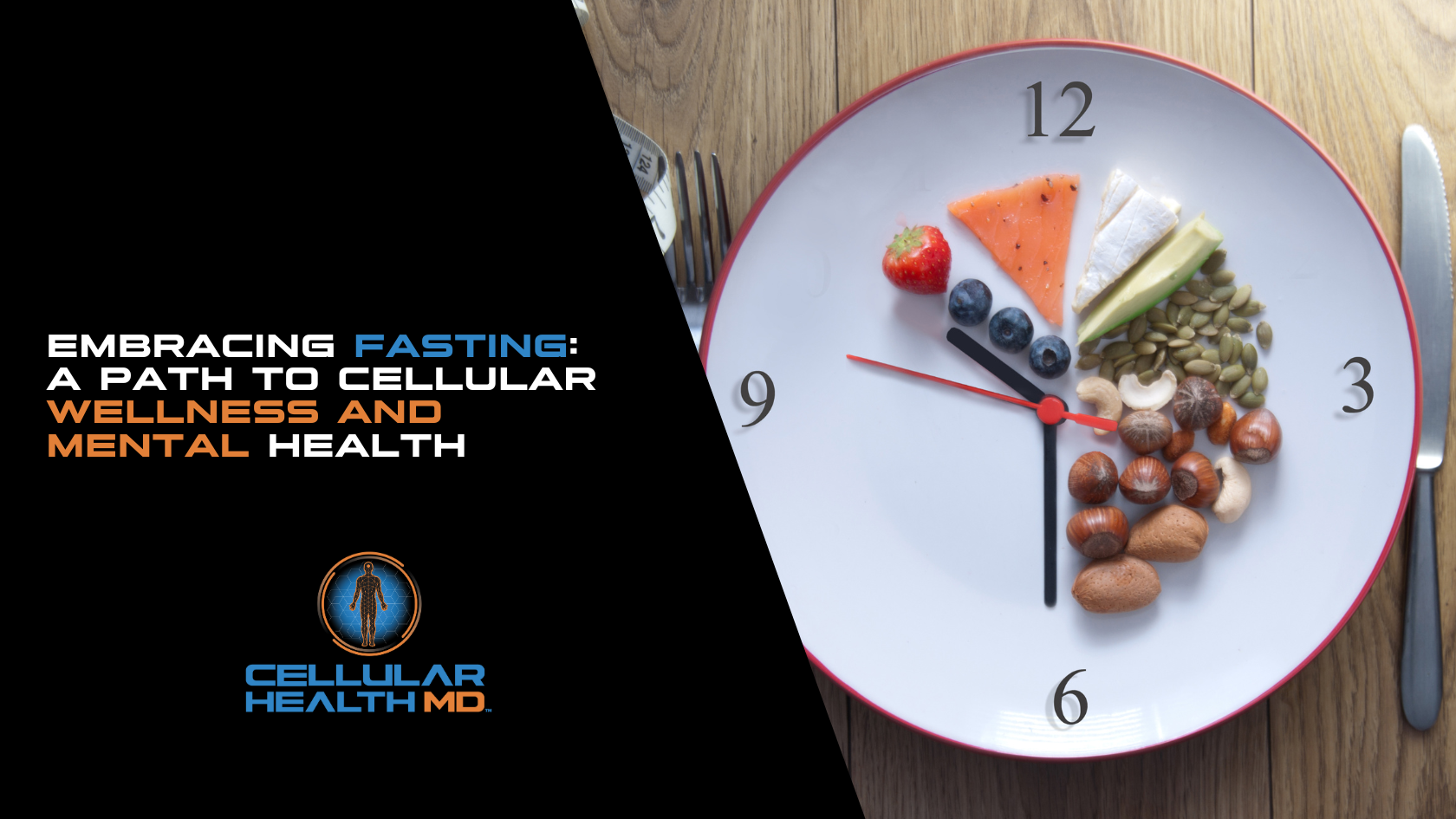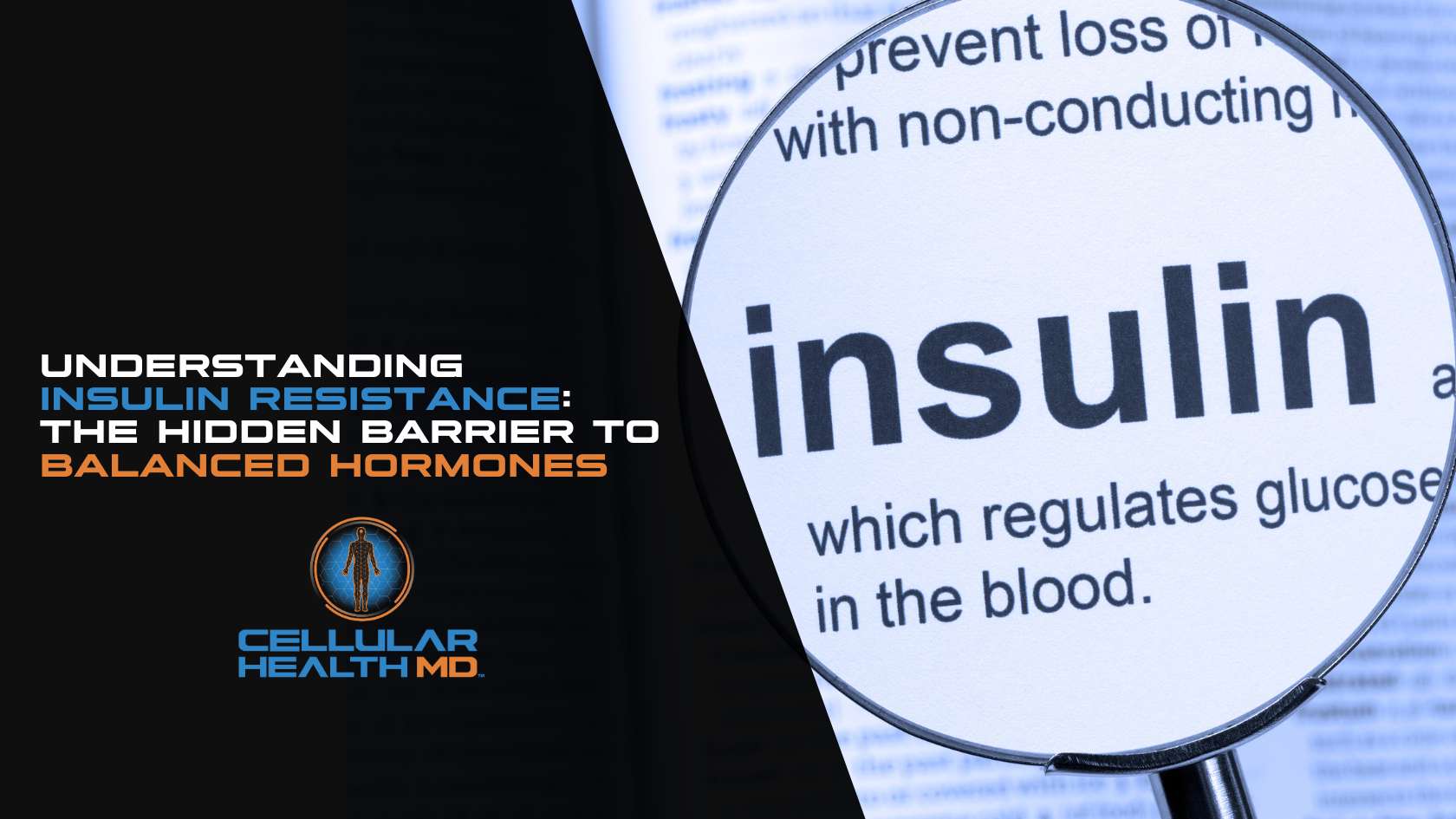Unveiling the Power of Fasting: Energizing Your Cells and Enhancing Mitochondrial Health
At our esteemed hormone and wellness clinic, we are dedicated to educating individuals about the transformative effects of fasting on cellular energy and mitochondrial health. This blog post will explore the intricate benefits of fasting and how it revitalizes the body’s mitochondrial health.
The Modern Lifestyle and Its Impact on Cellular Health
The constant eating habits of modern lifestyles trigger a perpetual release of insulin, leading to hyperinsulinemia. This condition causes metabolic stress and strain on the mitochondria, the cellular organelles responsible for energy production.
Understanding Fasting and Its Cellular Benefits
Fasting, which involves a temporary reduction or absence of caloric intake, initiates autophagy, a self-cleansing process for cells. It also triggers Mitophagy, where mitochondria are broken down and regenerated. This rejuvenating process effectively resets and rejuvenates cells.
The Rejuvenating Effects of Fasting on Mitochondrial Function
By engaging in fasting, the body’s mitochondrial capacity is enhanced, surpassing the benefits of exercise alone. This upregulation aids in the efficient conversion of glucose and fatty acids into ATP, promoting optimal cellular function.
Experiencing the Benefits: Heightened Energy and Vitality
Individuals who incorporate fasting into their wellness practices often report increased energy levels and a profound sense of vitality, thanks to the restoration of optimal mitochondrial function.
Integrating Fasting into Wellness Practices
The relationship between fasting, cellular energy release, and mitochondrial health highlights the importance of integrating fasting into wellness routines. Our clinic provides guidance on personalized fasting protocols, empowering individuals to harness the rejuvenating benefits of cellular repair and energy revitalization.
Conclusion and Invitation
Embark on a journey towards revitalizing your cellular health through fasting. Our hormone and wellness clinic is committed to guiding and supporting individuals in optimizing mitochondrial function for enhanced wellness. Join us to explore the transformative power of fasting for cellular energy and overall vitality.








